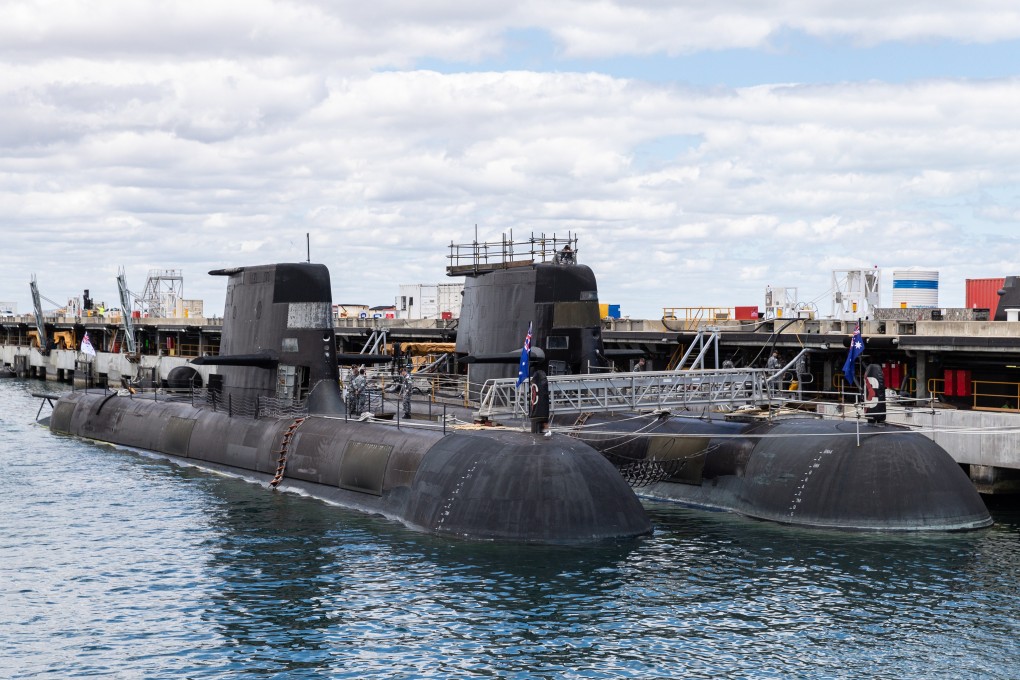Advertisement
France to deepen ties with Asia after losing ‘privileged’ partnership with Australia in Aukus snub, diplomat says
- The US-UK-Australia pact has encouraged Paris to engage with India and Japan ‘even more’, Christophe Penot says
- China’s growing assertiveness and rivalry with US are challenges, he says, adding France will ‘support’ Lithuania, which has clashed with Beijing on Taiwan
Reading Time:2 minutes
Why you can trust SCMP
22

France’s exclusion from the Aukus security alliance has given the European powerhouse an impetus to step up its engagement with other countries in the Indo-Pacific region while it mends frayed ties with Australia, one of its senior diplomats has said.
France’s ambassador for the Indo-Pacific Christophe Penot said France had been engaging with countries including Japan and India before the pact between Australia, Britain and the United States was announced in September, and it hoped to strengthen these ties.
“It’s true that the fact that we have lost a privileged partnership with Australia encourages [us] to do even more but it was already the case … the intention was there to engage more with India, more with Japan,” he told reporters at a briefing in Singapore.
Advertisement
The Paris-based diplomat is visiting the region for bilateral consultations with counterparts ahead of France’s assumption of the European Union Council’s rotating presidency in January.
Penot noted that France had strategic partnerships with Singapore, Indonesia and Vietnam, and deep cooperation with Malaysia, South Korea and New Zealand. “These are important because they are the support of engagement,” he added.
Advertisement
Advertisement
Select Voice
Choose your listening speed
Get through articles 2x faster
1.25x
250 WPM
Slow
Average
Fast
1.25x